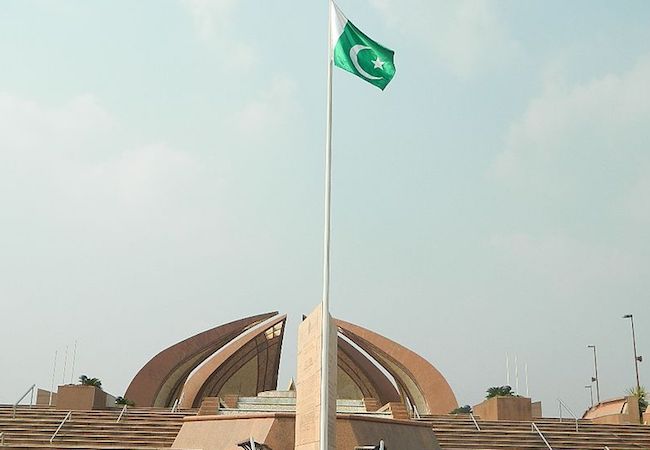
Public Administrative Principles can better describe the case of Pakistan. Pakistan is an administrative state in which bureaucracy has deep roots in all departments. Political administration of the country feels proud of its colonial legacy. At present, Public Administrative structure being run by civil servants is regarded as corrupt, burden on fragile economy and inefficient in meeting the demands of contemporary Pakistani society mainly due to political instability.
It was not always like this. After the independent of Pakistan, the civil bureaucracy competently handled the process of public administration. Those civil servants were directly trained by Britishers and had experience of working in colonial India ruled by the Great Britain. With the passage of time, political elites in Pakistan started exercising their influence through tout bureaucrats penetrated in all structures and public institutions. Moreover, the system of public administration has decayed due to the numerous martial laws imposed by military dictators.
Military law Administration has been used interchangeably with Public Management by the public because of greater public sympathies towards military. Military has been very successful in portraying very efficient and patriotic image of it. Many people in Pakistan prefer military law administration over public administration by civil bureaucracy since military is considered as less corrupt.
One common characteristic of public administration of civil bureaucracy in a political government or military controlled administration during martial laws is that the administration didn’t seek feedback from the public. Wills were imposed and public will was never appreciated. Thus public administration always remained a top down process in Pakistan.
One of the very important breakthroughs in the public administration of Pakistan is the introduction of E-Government initiatives in Pakistan. In recent years, Pakistan has improved its digital infrastructure by introducing digitalization in many areas of life including many important public services. In those geographical locations which previously had no access to internet, ordinary citizens and state employees are experiencing digitalization. Different governmental initiatives are targeted to bring economic, legal, social and institutional transformation through the digital and technological initiatives.
The number of internet users has increased but still they are far less than the total population of Pakistan. Greater digital adoption is not enough as the digital literacy rate is very low. It has also been observed that the accessibility has decreased in number of domains of public service delivery as a result of automation. Digitalization has been introduced in those domains of citizen-government engagement which were working fine without the introduction of automated technologies. Moreover, people have become more worried about losing their jobs and future seems uncertain for educated youth in Post COVID Pakistan. One of the reasons is that the citizens as well as state employees don’t know how to unlock the potential of technology. It will be precocious to access the impact of digitalization is Pakistan but certain predictions can be made about the Post-COVID economic outlook of the country and public administration mechanism of the country.
On the other hand, government might not be interested in slowing down the pace of digitalization on the name of E-Government due to the number of reasons such as: increased competition among rival countries to introduce digitalization, for receiving public appreciation and political sympathies by demonstrating seriousness towards the introduction of new innovation technologies, for getting external aids available by international stakeholders to digitalize the developing countries and to portrait an overall modern and technologically advanced image of the country in front of world community.
The solution to the effective “Public Administration” in Pakistan is to decrease its “Digital Divide” and improve the system of “E-Government (Digital Public Administration)”. As the delivery of government services to the citizens by using information and communications technologies will improve, the overall system of Public Administration in Pakistan will become more efficient. An effective public administration mechanism should not only improve the access to the public services but also to bring transparency in the public administration structure and to enhance the accountability. This is lacking in the current public administration system.
E-Government in Pakistan is also expected to improve the quality of feedback on public services and to improve the complaint management system that is required for the improvement of public services and to ensure the good governance. It will save time and reduce the costs of public services. People have more trust on technologies than on civil servants since technology has more interaction with citizens than state employees. E-Government in Pakistan will also resolve the dilemma of bureaucratic public administration and military law administration due to the neutral nature of ICT. The internal operations and the external administration of these operations by state employees can be improved by implementing E-Government initiatives.
A public appreciation of new ICTs in receiving public services, improved digital literacy in the rural Pakistan and demonstrated persistency in implementing E-Government initiatives will decrease the digital divide, bring transparency, ensure accountability and make overall effective public administration.




